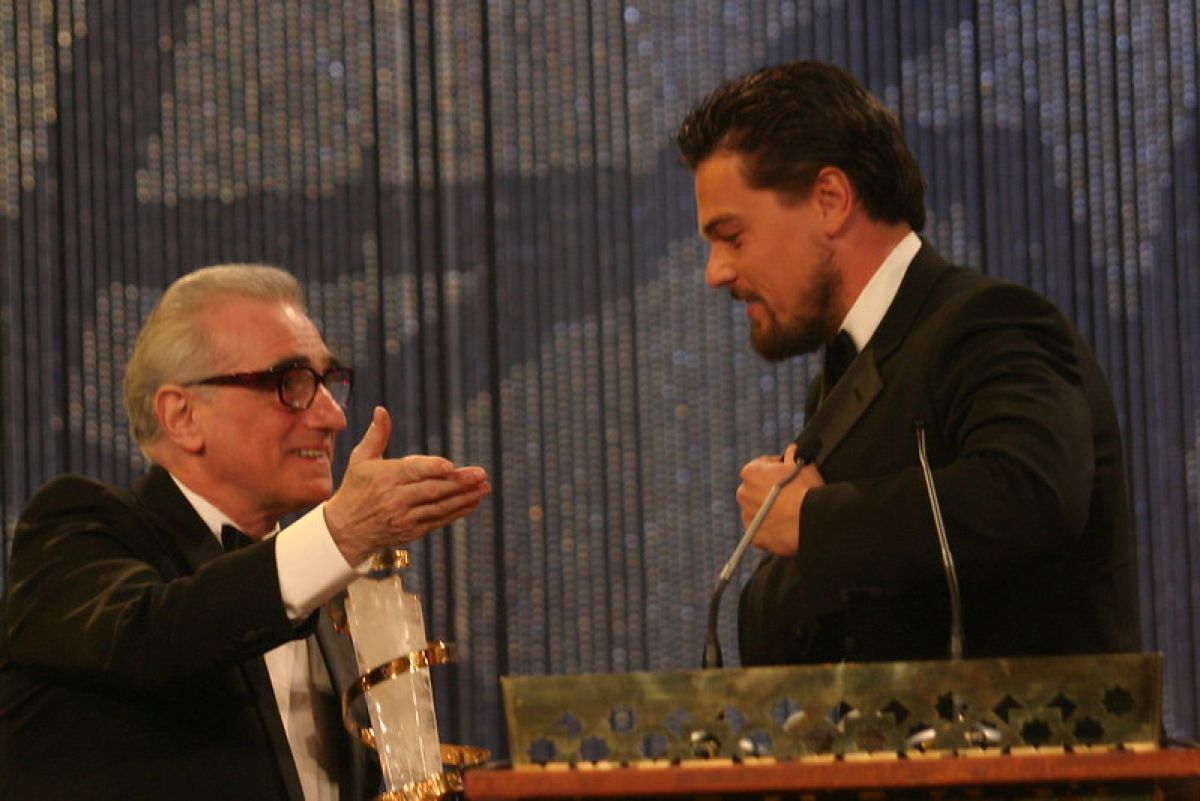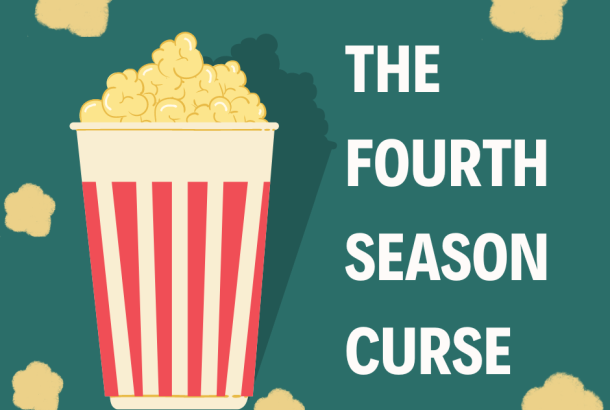Revisiting Scorsese’s Marvel soapbox

In 2019, when the entire world worshipped at the feet of the Marvel machine, the 5’3 godfather of modern film marched through the masses to kick at its shins. Fatigued with the cinematic superhero saturation, Martin Scorsese blasted the franchise as a “theme park”, insisting that its films were “not cinema”. Cinema, he explained, exists within the definition of “human beings trying to convey emotional, psychological experiences to another human being.”
And what experience’s deep emotional sensibilities demand retelling more than that of railing Margot Robbie on a bed of 100-dollar bills? Or playing human darts with little people at the staff do? Or organising a Las Vegas penthouse orgy so intense that you have to pay $2 million in damages?
Unless you’ve been living under some kind of film-bro-repelling titanium rock (jealous), you know The Wolf of Wall Street. Scorsese’s pinstriped pantomime charts the rise and fall of depraved stockbroker Jordan Belfort (Leonardo DiCaprio). As Belfort’s empire soars, Scorsese throws us through on a riotous reel of pure carnage, leaving no room to breathe amidst the manic excess of 1980s finance.
DiCaprio has an amazing time playing himself, hanging out with Jonah Hill on yachts and sleeping his way through hoards of women in their early twenties. The morals are loose and the drugs are strong, leading to some of the most comically depraved scenes ever put to screen. But what does it all actually mean?
Belfort goes from poor jackass to rich jackass and back to poor again in one of the limper character arcs that Scorsese has produced. The run time is bloated, the nudity is almost exclusively female and the dialogue averages one curse word every 15 seconds. The film plays more like a swaggering jazz standard than the typical Scorsese epic: all sweat, sex and staggering excess. Scorsese was clearly swinging for satire, but his revolutionary message of ‘capitalists are greedy’ was a timid punch from an otherwise savagely explicit monster of a blockbuster.
Scorsese blew $100m on this acid trip of male carnality with one clear objective; to entertain. And, to his credit, he succeeds without losing his signature style on the way, still serving up the usual suspects of tracking shots, freeze frames, voice-overs, and tight editing that makes three hours feel like one. The film isn’t necessarily style over substance because style is substance…but it doesn’t fit the guidelines of cinema by Scorsese’s new standards.
This does not make Scorsese a lesser filmmaker, but it does make him a hypocrite. If the Wolf of Wall Street can flash a bit of spectacle thigh, what’s a couple of billion-dollar superhero films between friends? Where is the line of “theme park” between a Scorsese slow-mo orgy sequence and a Russo CGI fight scene? If a film is stylishly made, anchored by strong performances and thoroughly entertaining (which, whether he likes it or not, Marvel films are), isn’t that justification enough for it to be ‘cinema’? It was enough for The Wolf of Wall Street.
And at the risk of sounding biased, I’ll hoist myself on a cross and admit that I enjoyed both The Wolf of Wall Street and Avengers: Endgame, two of the most popular films of the decade. In the age of mega-streaming, there has never been a greater demand for all shades of cinema; A24 has taken ‘indie’ to new heights and streaming site originals make fresh cinema more accessible to the masses. To me, there’s room for everyone, and throwing rocks at ‘lesser’ depictions of spectacle is unproductively elitist.
Scorsese recently expanded on his comments in a GQ interview to promote Killers of the Flower Moon. His language is predictably apocalyptic, claiming that “there are going to be generations now that think movies are only those- that’s what movies are.” Not only is this just a bit dramatic, but it severely undermines the intellectual capacity of cinemagoers. Marvel isn’t exempt from the biting criticism of its own fans, with audiences bored by its recent offerings of Thor: Love and Thunder and Loki, Season Two.
Marvel fanatics aren’t passive meatheads, opening wide for more spoon-fed CGI sludge, but passionate watchers capable of nuanced criticism. They don’t worship its every outpouring as flawless cinema, and a few subpar blockbusters do not justify the dismissal of an entire body of work. I don’t want to have to bring up Gangs of New York, Marty, but I will if I have to.
Whilst Marvel’s directors have rallied against Scorsese’s claims, from James Gunn to Taika Waititi, other filmmakers jumped to his defence. Francis Ford Coppola called Marvel “despicable” and agreed that he didn’t “like the idea of a franchise.” Thank God that The Godfather is a standalone; what would have happened to the plot if it was unnecessarily stretched to, I don’t know, a trilogy? Roland Emmerich, director of the Godzilla remake, Fantastic Voyage remake and Independence Day sequel chipped in to complain that “no one does anything original.” The self-awareness is staggering.
There’s essentially a double standard between the 20th-century greats and the Marvel newcomers. Sequels, spectacle and big budgets are inevitable in every franchise or blockbuster, which in themselves aren’t cinematic sacrilege either. Scorsese and Coppola imply that superhero films as so bad that they’re unethical, whilst their signatures are still drying on the Polanski release petition. Their ethics and principles of movie-making are so warped it’s almost laughable.
The industry’s titan directors may also be simply pretentious in their definitions of cinema, polishing their kinetoscopes as Marvel’s creatives party away across the bay like technophile Gatsbies. Repetition is forbidden if we’re talking lowly superhero films, but Scorsese can re-use the same character arc from 1990 every five years?
Obviously, Scorsese’s films will be revered for centuries, and rightly so, whilst superhero cinema may die the same box-office death as Film Noir in the 1950s or the Western in the 1960s. But a genre’s ride of the peak and trough of cultural popularity doesn’t eliminate its cinematic integrity and artistic achievements, nor its ability to entertain on a second viewing.
Rewatchability ultimately depends on the viewer. For me, three hours of stockbroking and DiCaprio’s bare ass is a one-time thing. But Chris Evans ripping a log in half with his bare hands? Timeless.
A Scorsese fan? Read more articles on the infamous director below:
Scorsese’s Shutter Island: Unforgiven and beyond redemption
Killers of the Flower Moon review: Scorsese shines with Western epic | LFF 2023







